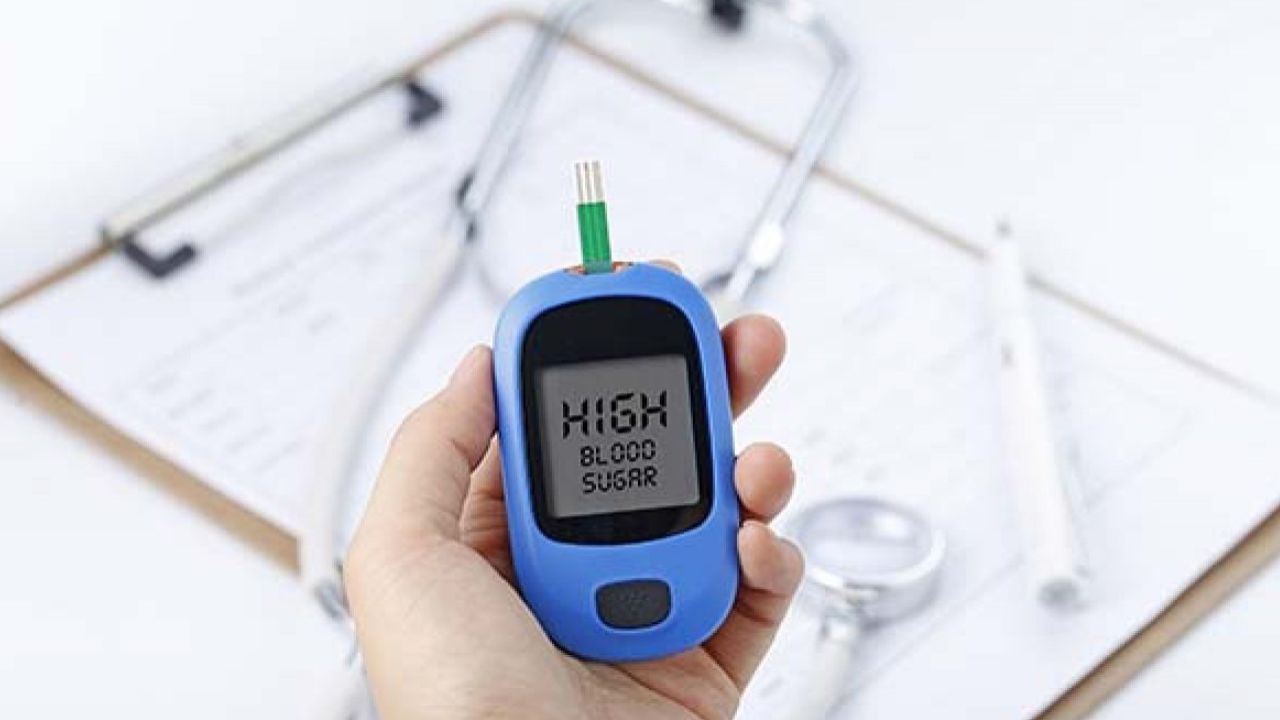CHANDIGARH
New recommendations for patients with type 1 diabetes have been announced by the Indian Council of Medical Research. According to the health organization, persons with diabetes have been disproportionately impacted by the SARS-CoV-2 epidemic, putting them at a higher risk of severe disease and death.
India has the world’s second-largest adult diabetes population, with Indians accounting for one out of every six diabetics worldwide. The number of people with diabetes in India has increased by 150 percent in the last three decades, according to the ICMR’s guidelines. Also of great concern is the progressive lowering of the age at which type 2 diabetes is diagnosed, with the disease becoming prevalent in the age group of 2534 years in both urban and rural areas.
WHAT IS TYPE 1 DIABETES AND HOW DOES IT AFFECT YOU?
Insulin insufficiency and hyperglycemia are symptoms of Type 1 Diabetes, which affects persons who have a hereditary predisposition to the condition. When the mother, father, or sibling all have a history of Type 1 Diabetes, the chance of developing the condition increases by 3%, 5%, and 8%, respectively.
In adolescents and teenagers, it occurs when the pancreas either stops producing insulin or produces it in extremely little levels. Blood sugar cannot enter cells without insulin, and it accumulates in the circulation. Type 1 diabetes is considered to be caused by an autoimmune reaction that damages the insulin-producing beta cells in the pancreas.
Understanding the impact of nutrition and physical exercise on glycemia is critical for optimum type 1 diabetes therapy. People must maintain appropriate blood pressure, weight, and cholesterol levels, guarantee enough nutrition to support healthy growth and development in children, and meet individual nutrition needs while taking into account personal, social, and cultural preferences, according to a healthy body.
The optimal use of an insulin regimen is dependent on the meticulous care taken by a diabetes team, which includes a physician, a diabetes educator, and a nutritionist, to educate and support the patient and his or her family on the appropriate use of insulin as well as insulin dosage adjustment.
GLUCOSE LEVELS IN THE BLOOD
According to the ICMR’s recent briefing, blood glucose monitoring is critical in predicting glycemic control in type 1 diabetes patients. Patients with type 1 diabetes should monitor blood glucose before meals and snacks, before bedtime, before exercise, when they suspect low plasma glucose, after treating low plasma glucose (until blood glucose is normal), and before beginning any critical tasks such as driving, according to the American Diabetes Association (ADA).

 हिंदी
हिंदी






